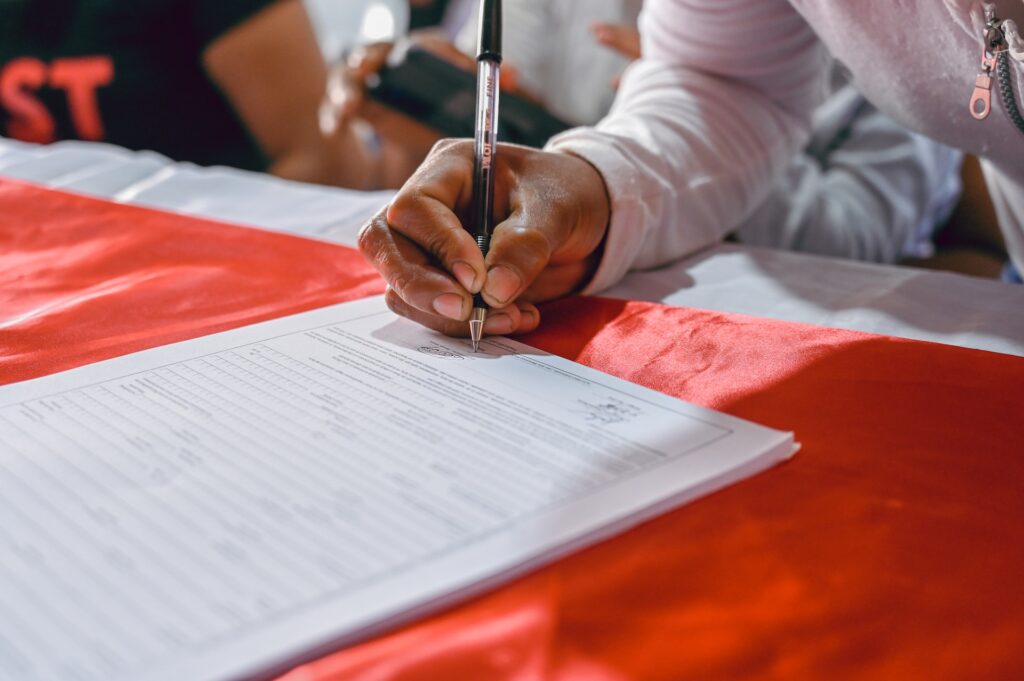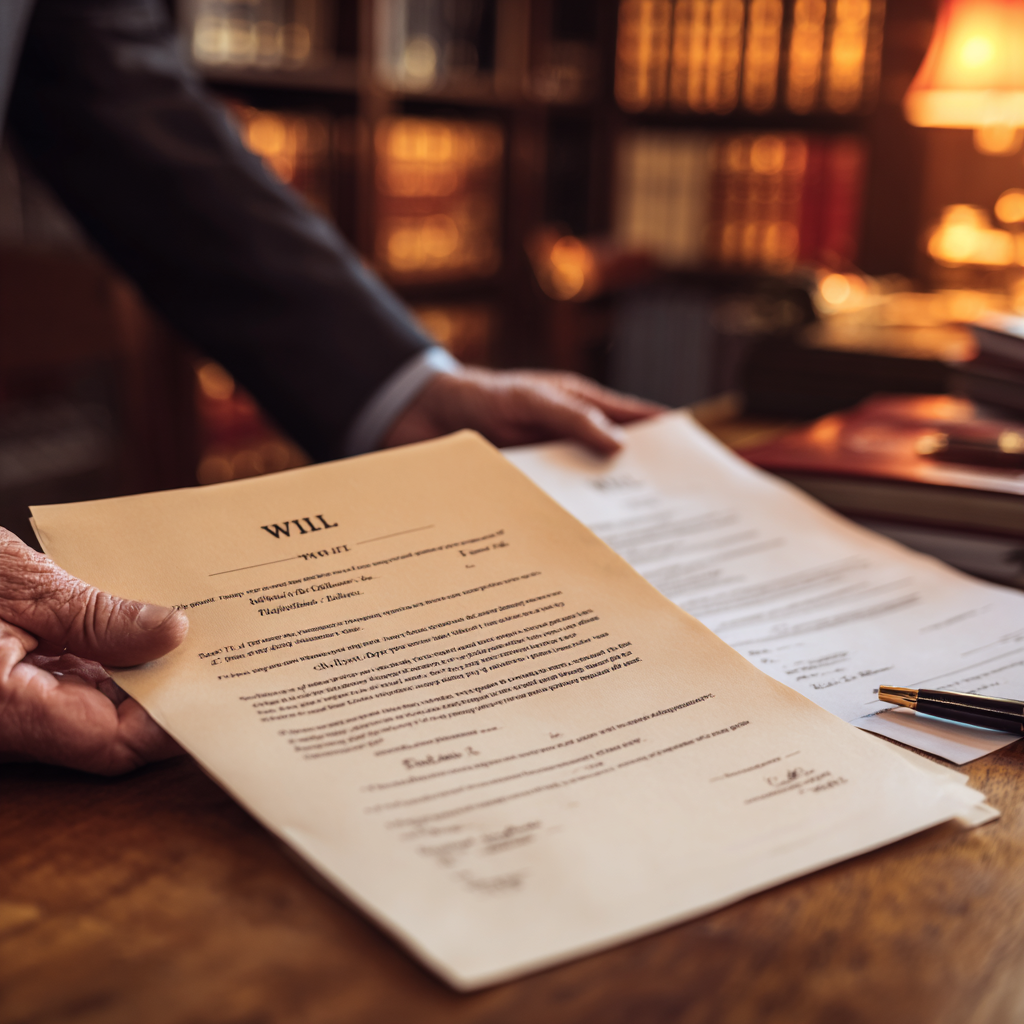The question of whether a notary public can officiate a wedding is a common inquiry among those navigating the complex landscape of marriage ceremonies. In many jurisdictions, the role of a notary public is well-defined, primarily involving the verification of signatures and administration of oaths. However, as couples seek alternative officiants for their weddings, the possibility of having a notary public solemnize the union has gained attention. In this comprehensive exploration, we delve into the legalities, responsibilities, and considerations surrounding the question: Can a notary public officiate a wedding, at the end of the day?
Understanding the role of a notary public
A notary public is a public officer appointed by a state government to serve as an impartial witness in the signing of important documents. The primary role of a notary is to deter fraud by verifying the identities of the parties involved in a transaction, ensuring they are of sound mind, and witnessing the signing of documents. Notaries play a crucial role in legal and financial transactions, as their stamp and signature on a document indicate that the signers appeared before them and confirmed their identity.
Notaries are typically responsible for administering oaths and affirmations, taking affidavits and depositions, and certifying copies of documents. Their functions extend beyond merely witnessing signatures; they also confirm that signatories understand the content of the document and are signing it willingly. To become a notary public, individuals must meet specific qualifications set by their state, which commonly include being at least 18 years old, a legal resident or citizen, and passing an exam or completing a training course. Once appointed, notaries are authorized to perform their duties within the geographic boundaries of their jurisdiction.
Notaries do not provide legal advice or draft legal documents; rather, they act as impartial third parties to ensure the validity and authenticity of documents. Common documents notarized include wills, deeds, powers of attorney, and contracts. The notary’s official seal and signature lend credibility to the document, while their status as a public officer lends an additional layer of assurance to the parties involved in the transaction.

Marriage ceremonies and officiation
Traditionally, officiating a wedding has been the exclusive domain of religious leaders, judges, and certain public officials. However, the evolving landscape of marriage laws has opened up opportunities for alternative officiants, leading many to wonder if a notary public can solemnize a marriage.
The legalities of notary publics officiating weddings
The legality of a notary public officiating a wedding varies significantly depending on the jurisdiction. In some states or countries, notaries are explicitly authorized to perform wedding ceremonies, while in others, their role is restricted to notarizing documents. It is essential for individuals seeking a notary public to officiate their wedding to research and understand the specific laws governing their locality.
States such as Florida, South Carolina, and Maine explicitly permit notaries public to officiate weddings, provided they adhere to certain requirements. These requirements may include filing appropriate paperwork, obtaining authorization, or completing additional training. On the other hand, states like California and New York strictly limit a notary’s role to notarizing documents, excluding them from officiating weddings.
Qualifications and requirements
In jurisdictions where notaries are permitted to officiate weddings, specific qualifications and requirements must be met. These conditions typically involve the completion of training programs, obtaining special authorization, or fulfilling other legal prerequisites. For instance, in Florida, a notary public must complete a course of study provided by the state and obtain special authorization before officiating a wedding.
It is crucial for individuals considering a notary public to officiate their wedding to thoroughly research and comply with the specific regulations set forth by their state or country. Failure to do so may result in the marriage being deemed invalid or facing legal complications.
The importance of research and compliance
Given the significant variations in laws and regulations from one jurisdiction to another, couples must conduct thorough research to determine whether a notary public can legally officiate their wedding. This research should encompass both state and local regulations, as some areas may have additional requirements or restrictions.
Engaging in due diligence not only ensures the legality of the marriage ceremony but also prevents potential challenges and disputes down the line. Couples should consult with legal professionals, local authorities, or relevant agencies to obtain accurate and up-to-date information on the permissibility of notary publics officiating weddings in their specific location.
The professionalism of notary public officiants
Assuming a notary public is legally authorized to officiate weddings in a given jurisdiction, the question of professionalism becomes paramount. While notaries are skilled in handling legal documents, officiating a wedding requires a unique set of skills, including public speaking, interpersonal communication, and an understanding of ceremonial traditions.

Couples seeking a notary public to officiate their wedding should carefully consider the individual’s demeanor, communication style, and willingness to customize the ceremony to meet the couple’s preferences. It is advisable to schedule meetings or consultations with potential officiants to ensure compatibility and discuss the specific elements of the ceremony.
Drafting a ceremony script
One of the responsibilities of an officiant, including a notary public, is to craft a ceremony script that reflects the values and preferences of the couple. This script typically includes the exchange of vows, rings, and any other rituals or traditions significant to the couple. Notary publics officiating weddings should approach the script-writing process with sensitivity and creativity – therefore ensuring that the ceremony is meaningful and memorable for the couple and their guests. Couples should actively participate in the development of the script, providing input on readings, vows, and any cultural or religious elements they wish to incorporate.
Legal formalities and documentation
In addition to creating a memorable ceremony, notary public officiants must be diligent in handling legal formalities and documentation. This includes ensuring that the marriage license is valid, signed by the appropriate parties, and filed with the relevant authorities within the specified timeframe. In jurisdictions where notaries are authorized to officiate weddings, they may be required to include specific language or elements in the ceremony to fulfill legal requirements. Couples should communicate openly with their chosen notary public officiant to understand these legal formalities and ensure compliance.
Can a notary public officiate a wedding? It depends.
In conclusion, the question of whether a notary public can officiate a wedding is contingent upon the specific laws and regulations of the jurisdiction in question. While some states explicitly permit notaries to officiate weddings, others restrict their role to notarizing documents. Couples considering a notary public to officiate their wedding must conduct thorough research, adhere to legal requirements, and ensure that the chosen officiant possesses the necessary skills to craft a meaningful and legally compliant ceremony.
The evolving landscape of marriage laws suggests a growing acceptance of alternative officiants, including notary publics. As societal norms continue to shift, it is essential for legal frameworks to adapt, providing couples with diverse options for officiating their unions. Ultimately, the key lies in a careful balance between legality, professionalism, and the creation of a ceremony that reflects the unique bond between the couple. In conclusion, when you require reliable notary services in Orlando and Central Florida, Mobile Notary Orlando stands ready to be your trusted partner.
Our mobile notary services extend beyond the conventional, as we are committed to meeting you at your preferred location. For a seamless and trustworthy notary experience, choose Mobile Notary Orlando. Call us today to schedule an appointment – let us bring our services to your doorstep, ensuring your documents are handled with the utmost care and precision like never before.






